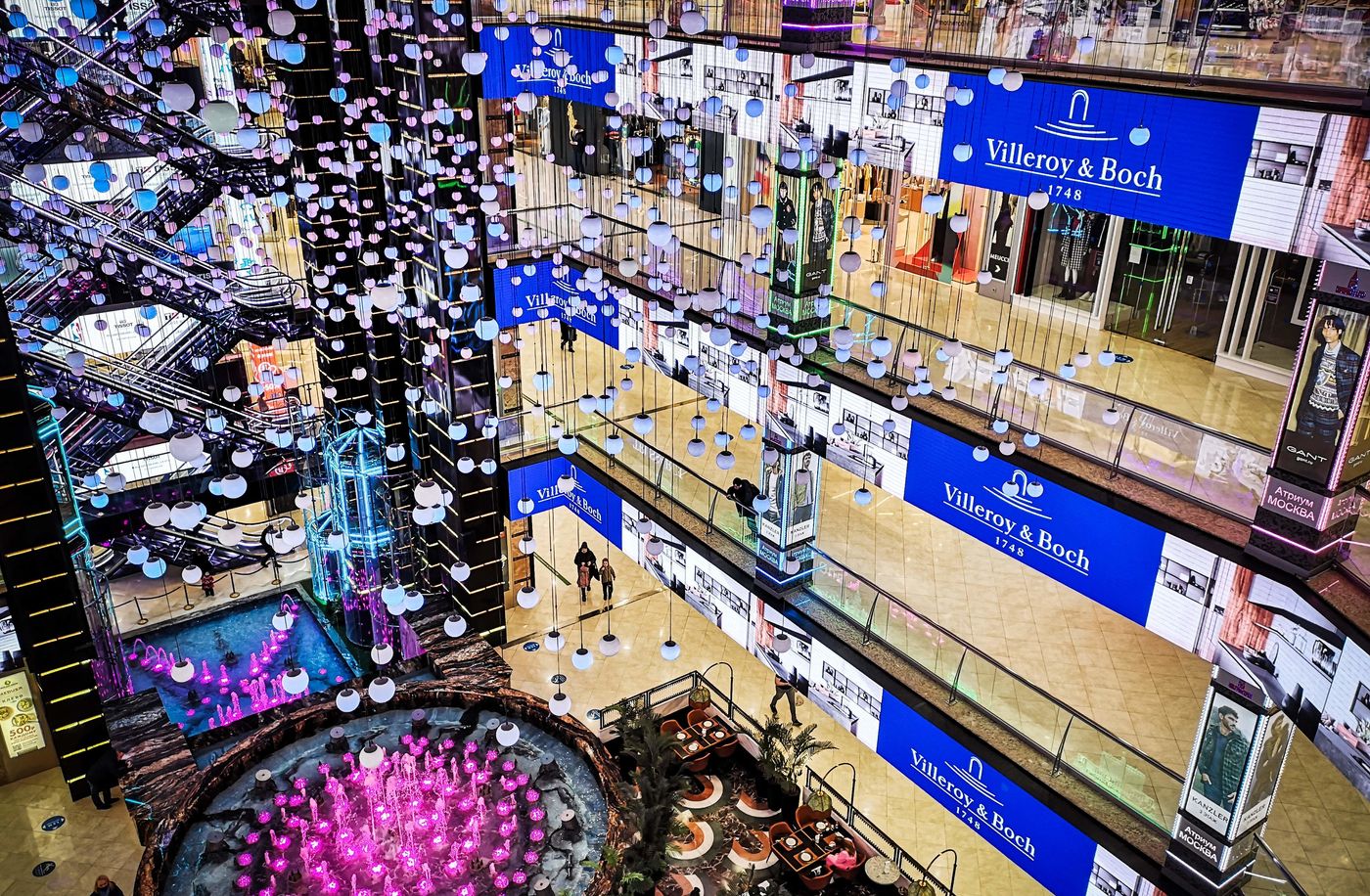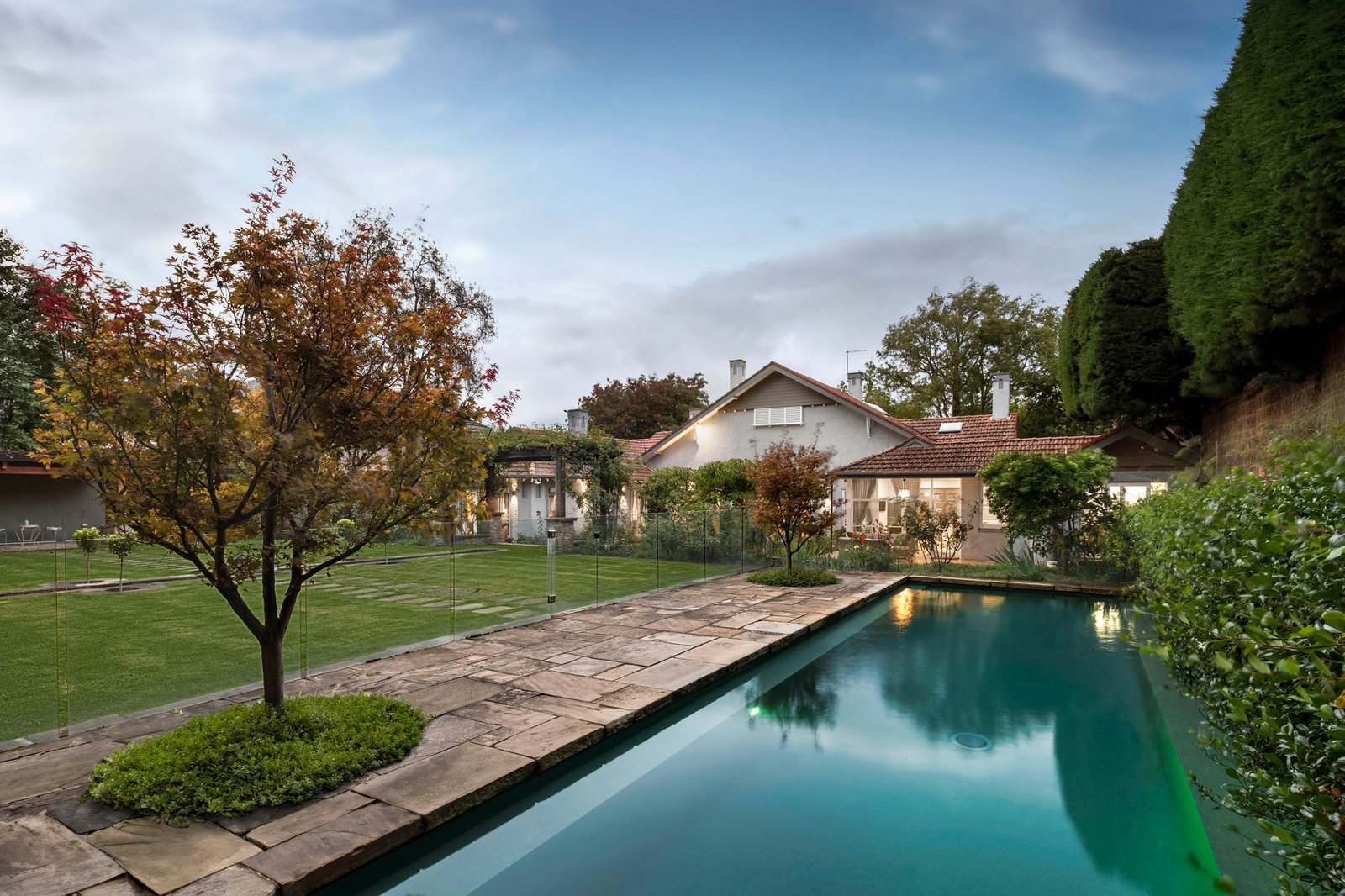Global Luxury Spending Could Decline Due To The Ukraine War
The conflict’s impact on global businesses has spread to luxury industries.
Nearly one month after Russia’s military invasion of Ukraine, the conflict’s impact on global businesses has spread to luxury industries.
Most high-fashion brands, including LVMH Group, Burberry, and Kering, closed their stores in Russia earlier this month, while announcing their donations to international humanitarian efforts in Ukraine.
How the Russia-Ukraine conflict will eventually affect the global luxury industry will depend on how long it lasts, experts say.
“We see a more likely, immediate, and relevant impact on Russians personal luxury spending locally, strongly driven by local currency devaluation and restrictions in place,” says Claudia D’Arpizio, senior partner and global head of fashion and luxury at Bain & Co., a Boston-headquartered management consulting firm.
Russian luxury customers account for approximately 2%-3%, or about €7 billion (AU$10.28 million) of the total global luxury goods market, she says.
The war will also likely damp consumer confidence in European countries and North America because of increases in energy prices, stock market volatility, the interruption to tourism, and other economic uncertainties, says Federica Levato, a partner at Bain and leader of its luxury practice in Europe, the Middle East and Africa.
“Upon persistence of the crisis, financial stability could be also affected, particularly generating higher stock market volatility. American consumer confidence could potentially decline and eventually also their luxury spending,” she says.
Since Russia’s invasion, more than 19,000 have been killed, 10 million people have been displaced, and more than AU$119 billion in property has been damaged.
Near-term, the luxury brands have taken an economic hit from their decision to close stores in Russia.
In early March, LVMH temporarily closed its 124 stores in Russia. Other fashion houses—including France’s Kering, Chanel, Hermes International, Swiss group Richemont,, and Italy’s Prada—all announced that they had suspended their operations in Russia through their social media accounts.
However, it is unlikely that the luxury brands will stop doing business in Russia, says Kate Newlin, a principal of New York-based Kate Newlin Consulting.
“When you think about luxury, you think of Russian oligarchs as a major segment of customer,” Newlin says. “It will be a larger bet for LVMH to walk away than, for example, McDonald’s.”
LVMH did not respond to a request for comment. The conglomerate, which owns brands such as Dior, Fendi, and Louis Vuitton, donated €5 million to the International Committee of the Red Cross to help those affected by the war in Ukraine in early March.
British fashion house Burberry declined to comment on the war’s impact on its business. On March 11, it donated to two more organizations, Save the Children, and UNICEF, in support of their Ukraine humanitarian appeals, following an earlier donation to the British Red Cross Ukraine Crisis Appeal.
This stylish family home combines a classic palette and finishes with a flexible floorplan
Just 55 minutes from Sydney, make this your creative getaway located in the majestic Hawkesbury region.
Continued stagflation and cost of living pressures are causing couples to think twice about starting a family, new data has revealed, with long term impacts expected
Australia is in the midst of a ‘baby recession’ with preliminary estimates showing the number of births in 2023 fell by more than four percent to the lowest level since 2006, according to KPMG. The consultancy firm says this reflects the impact of cost-of-living pressures on the feasibility of younger Australians starting a family.
KPMG estimates that 289,100 babies were born in 2023. This compares to 300,684 babies in 2022 and 309,996 in 2021, according to the Australian Bureau of Statistics (ABS). KPMG urban economist Terry Rawnsley said weak economic growth often leads to a reduced number of births. In 2023, ABS data shows gross domestic product (GDP) fell to 1.5 percent. Despite the population growing by 2.5 percent in 2023, GDP on a per capita basis went into negative territory, down one percent over the 12 months.
“Birth rates provide insight into long-term population growth as well as the current confidence of Australian families,” said Mr Rawnsley. “We haven’t seen such a sharp drop in births in Australia since the period of economic stagflation in the 1970s, which coincided with the initial widespread adoption of the contraceptive pill.”
Mr Rawnsley said many Australian couples delayed starting a family while the pandemic played out in 2020. The number of births fell from 305,832 in 2019 to 294,369 in 2020. Then in 2021, strong employment and vast amounts of stimulus money, along with high household savings due to lockdowns, gave couples better financial means to have a baby. This led to a rebound in births.
However, the re-opening of the global economy in 2022 led to soaring inflation. By the start of 2023, the Australian consumer price index (CPI) had risen to its highest level since 1990 at 7.8 percent per annum. By that stage, the Reserve Bank had already commenced an aggressive rate-hiking strategy to fight inflation and had raised the cash rate every month between May and December 2022.
Five more rate hikes during 2023 put further pressure on couples with mortgages and put the brakes on family formation. “This combination of the pandemic and rapid economic changes explains the spike and subsequent sharp decline in birth rates we have observed over the past four years,” Mr Rawnsley said.
The impact of high costs of living on couples’ decision to have a baby is highlighted in births data for the capital cities. KPMG estimates there were 60,860 births in Sydney in 2023, down 8.6 percent from 2019. There were 56,270 births in Melbourne, down 7.3 percent. In Perth, there were 25,020 births, down 6 percent, while in Brisbane there were 30,250 births, down 4.3 percent. Canberra was the only capital city where there was no fall in the number of births in 2023 compared to 2019.
“CPI growth in Canberra has been slightly subdued compared to that in other major cities, and the economic outlook has remained strong,” Mr Rawnsley said. “This means families have not been hurting as much as those in other capital cities, and in turn, we’ve seen a stabilisation of births in the ACT.”
This stylish family home combines a classic palette and finishes with a flexible floorplan
Just 55 minutes from Sydney, make this your creative getaway located in the majestic Hawkesbury region.


















